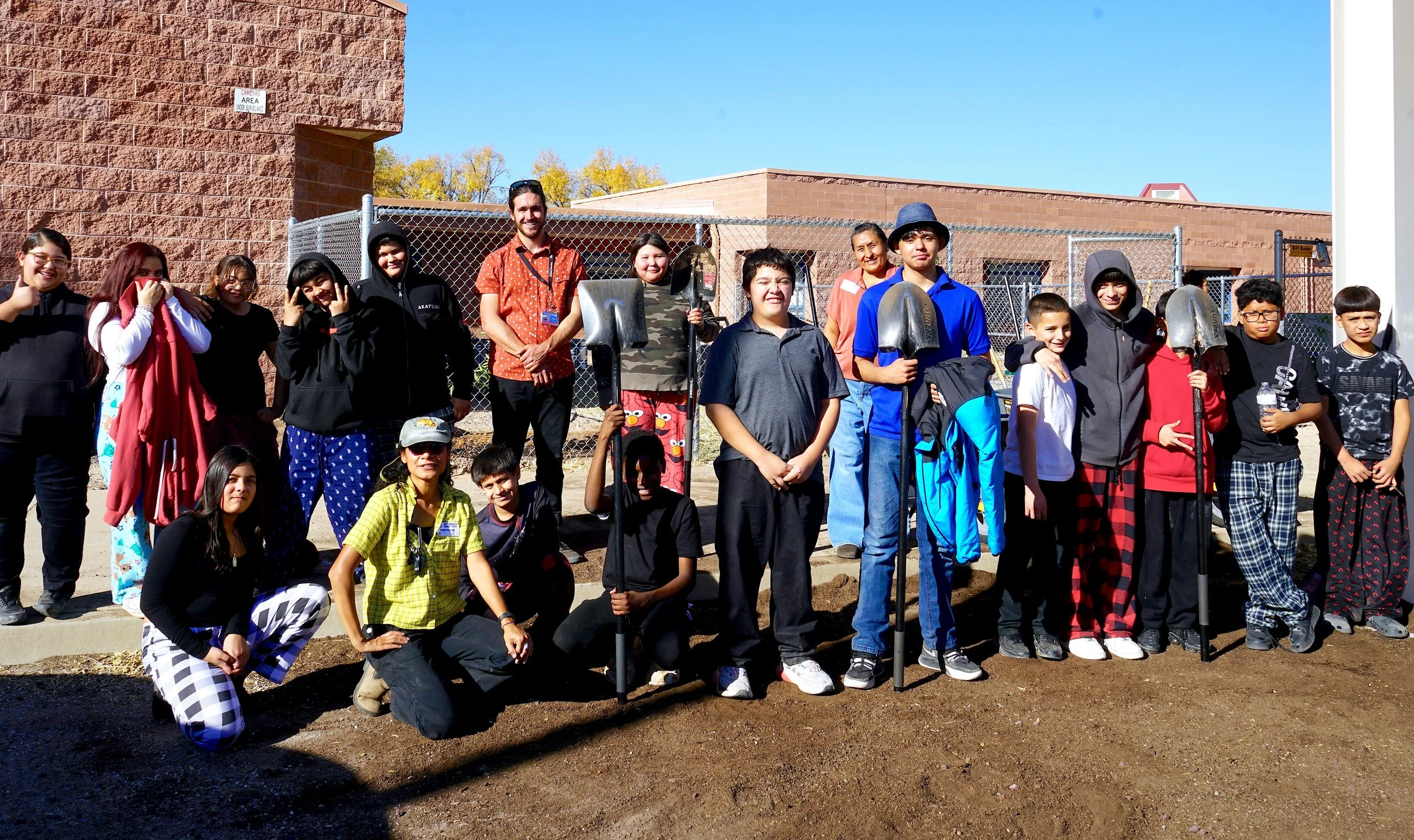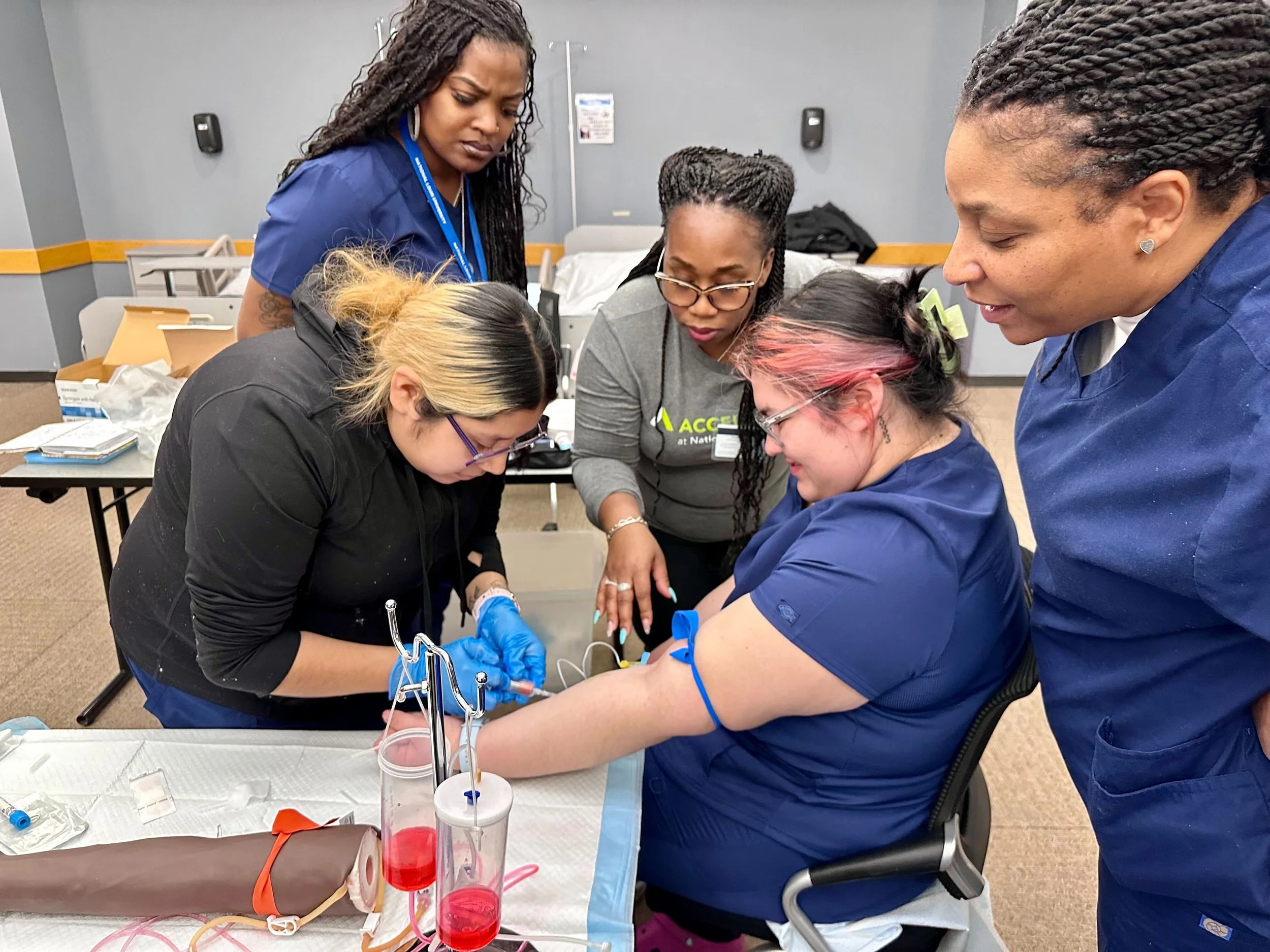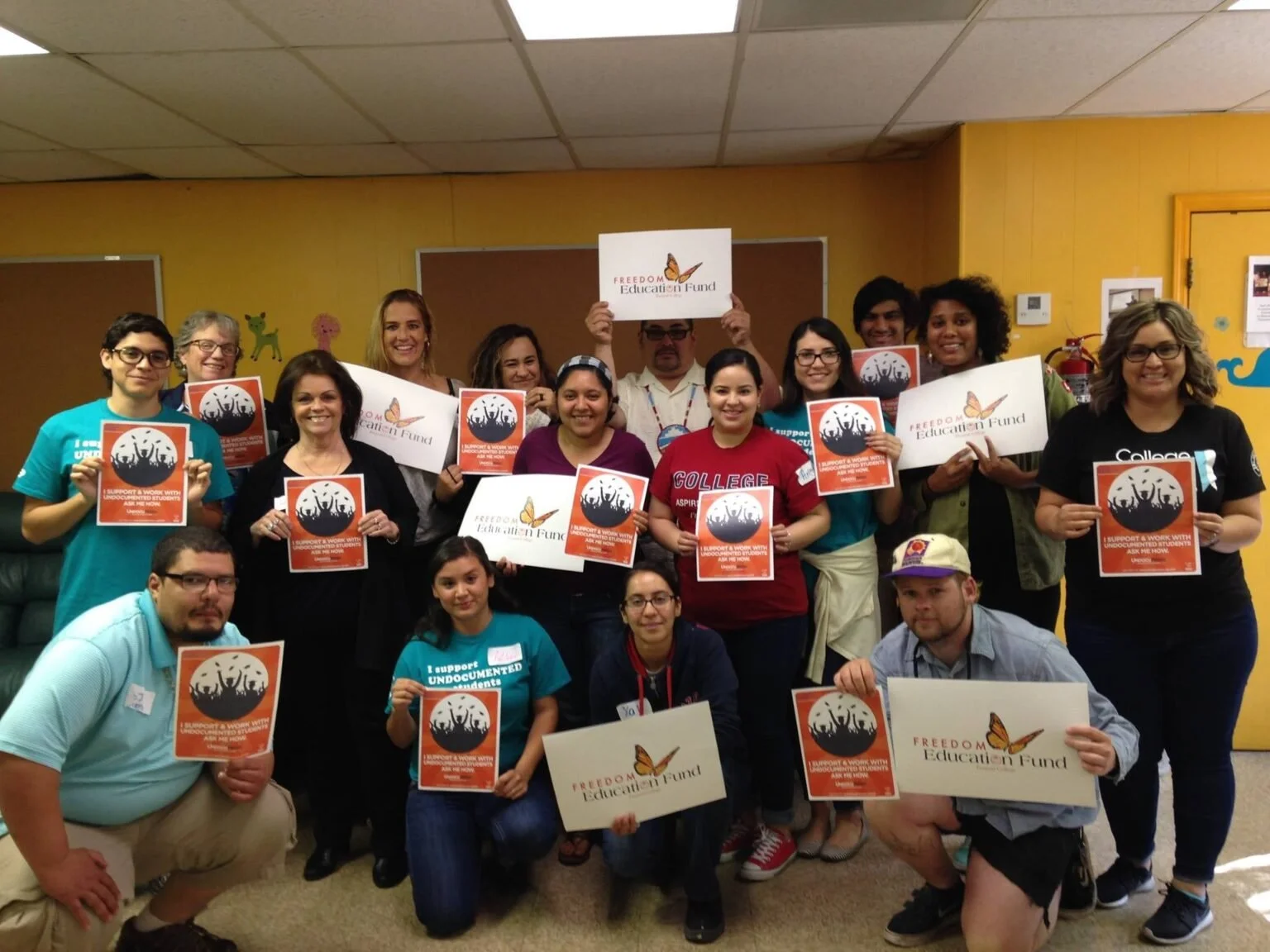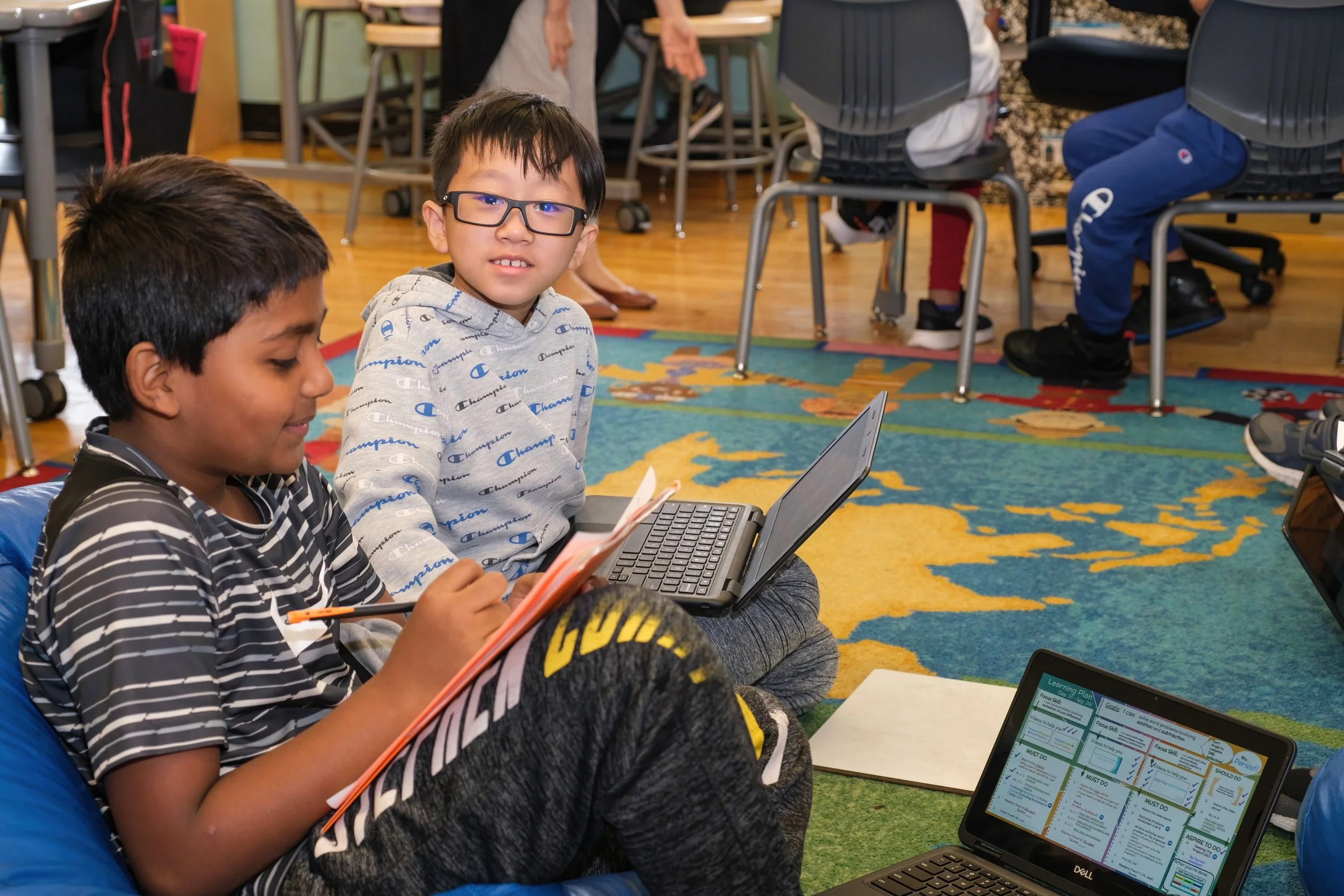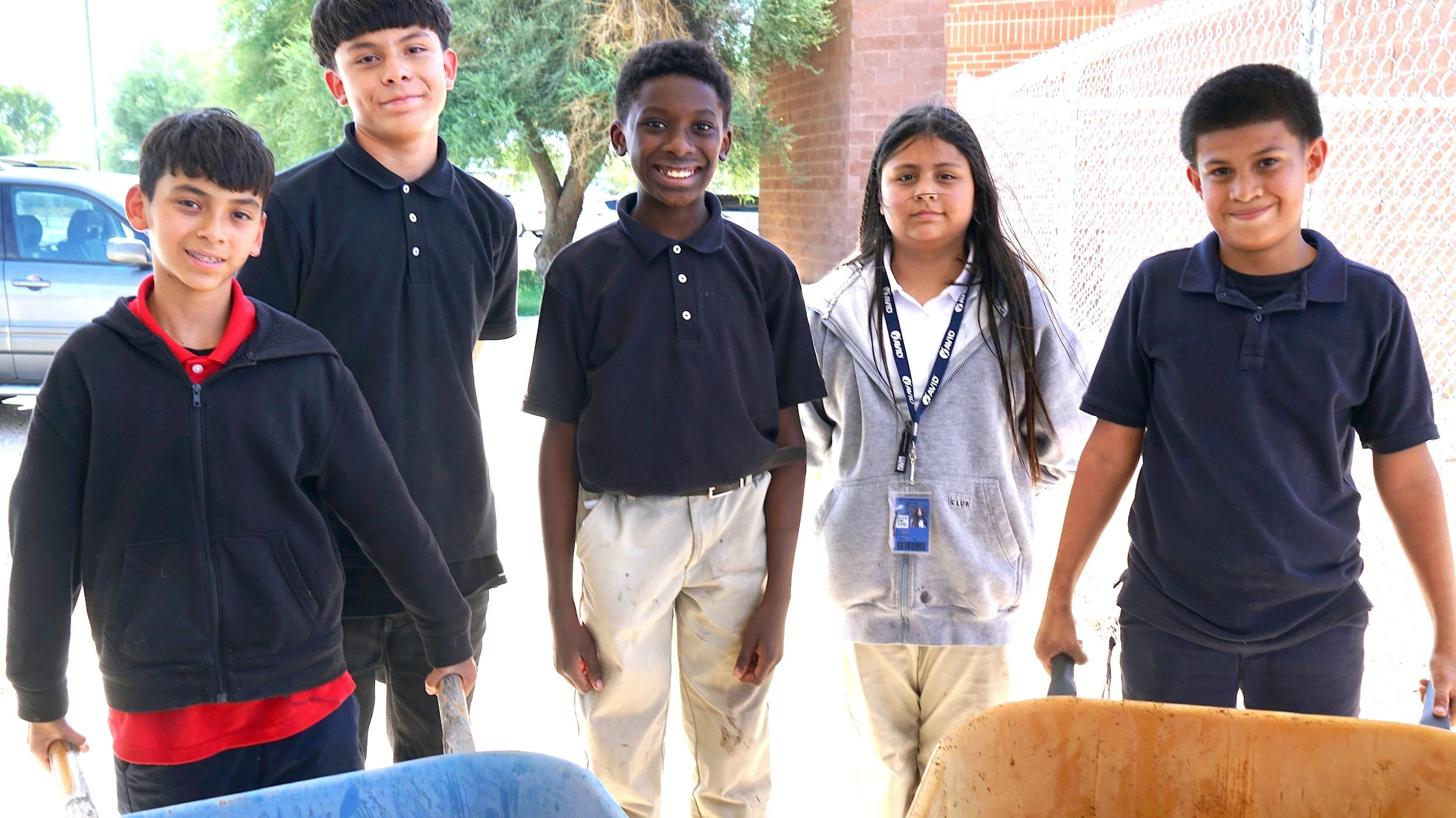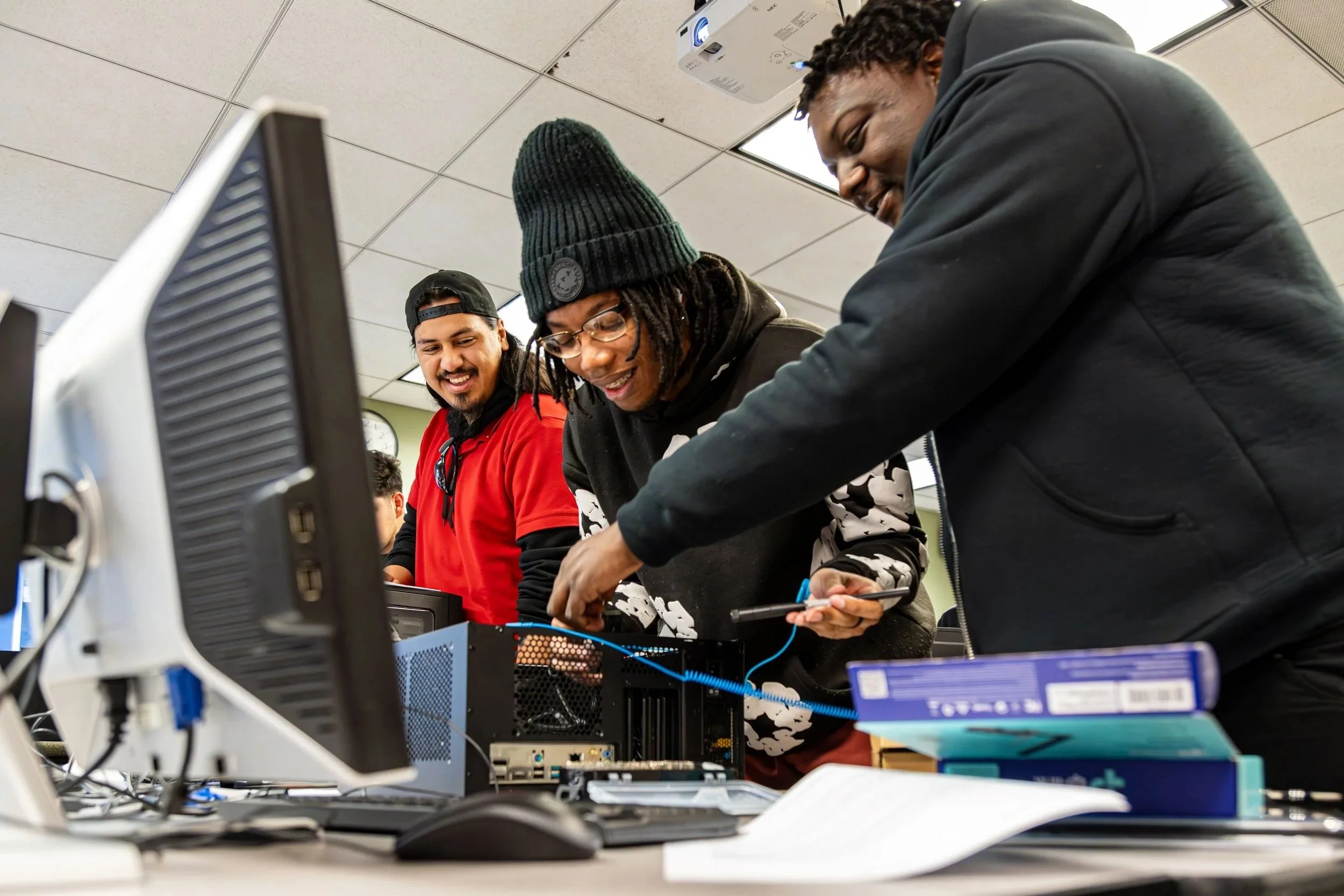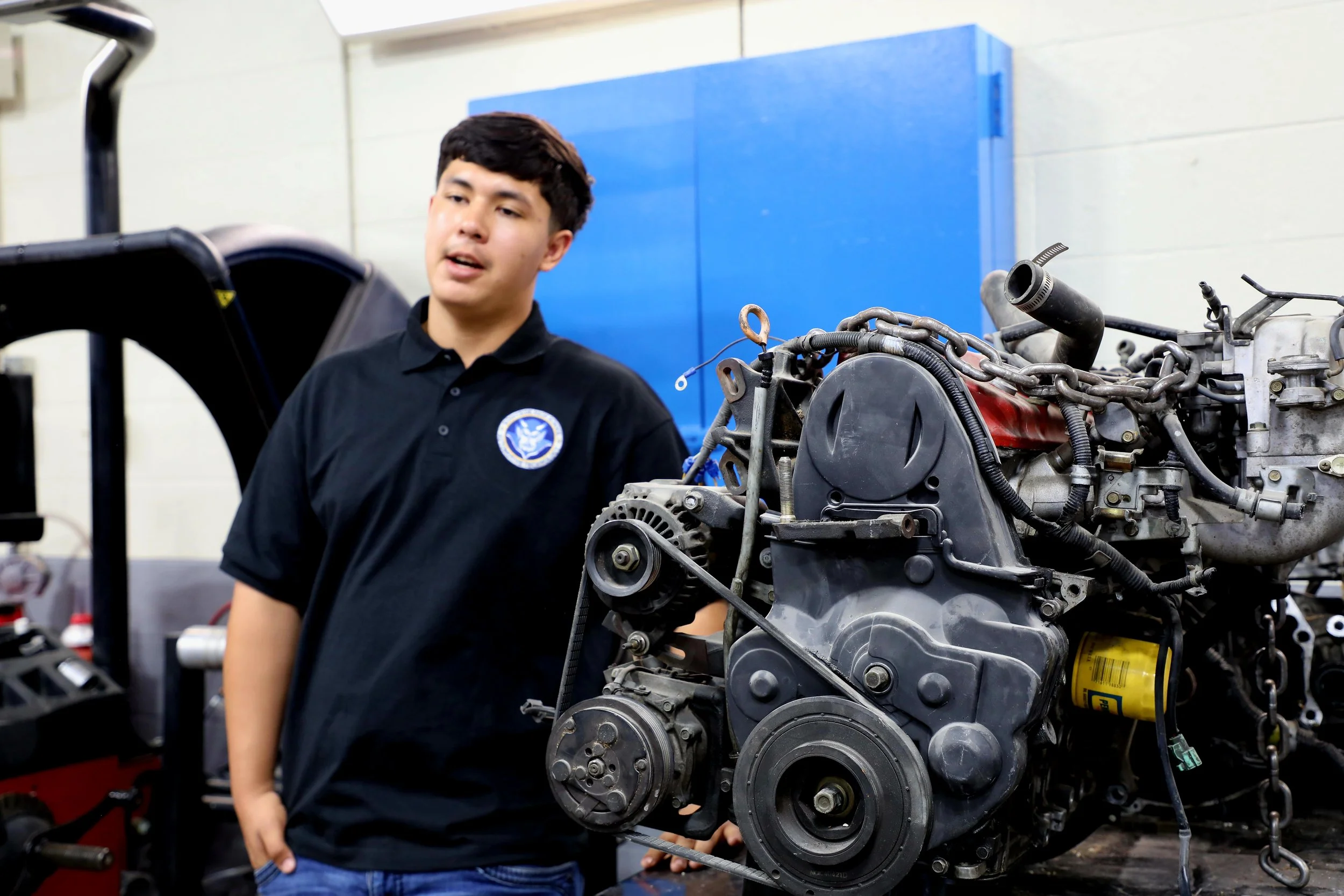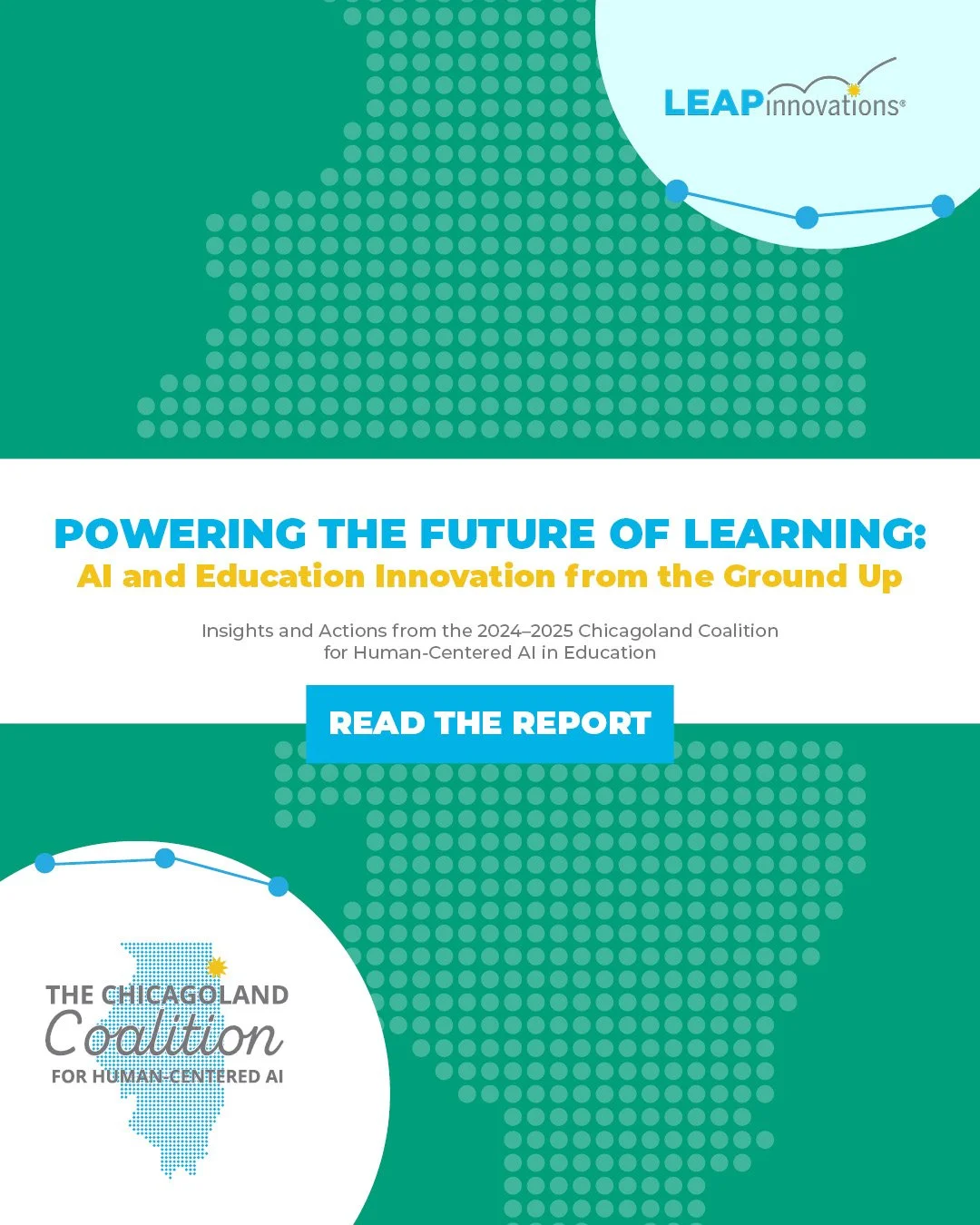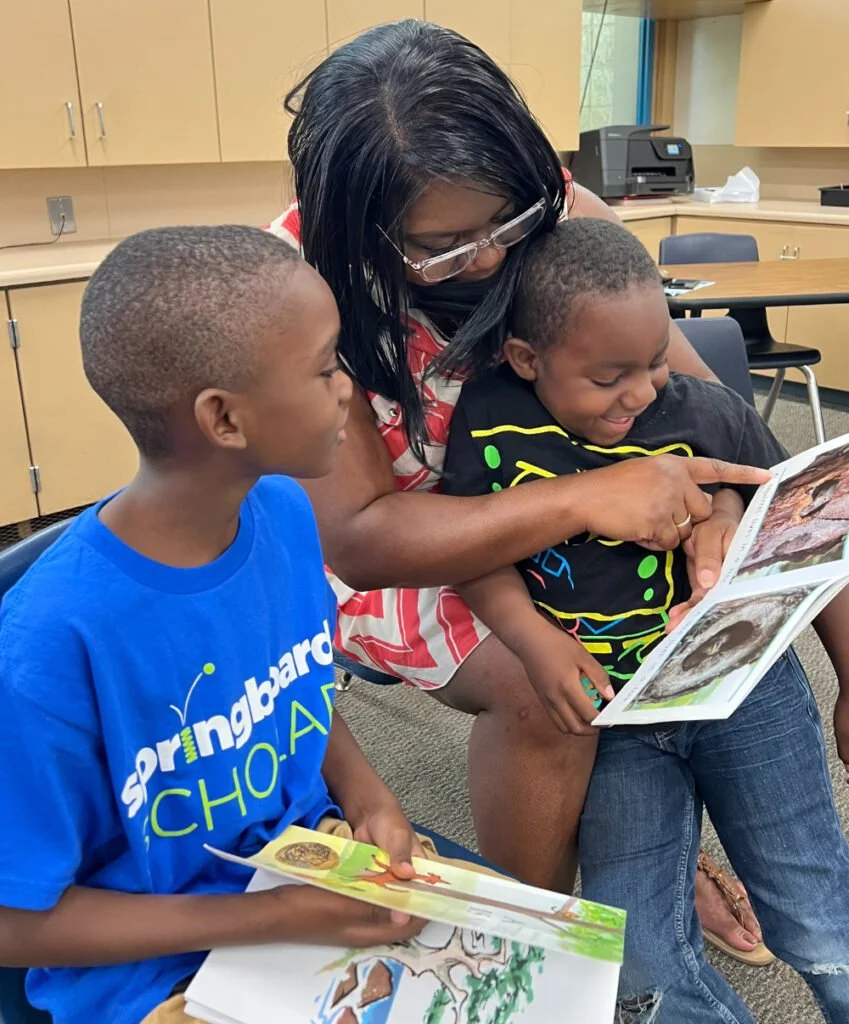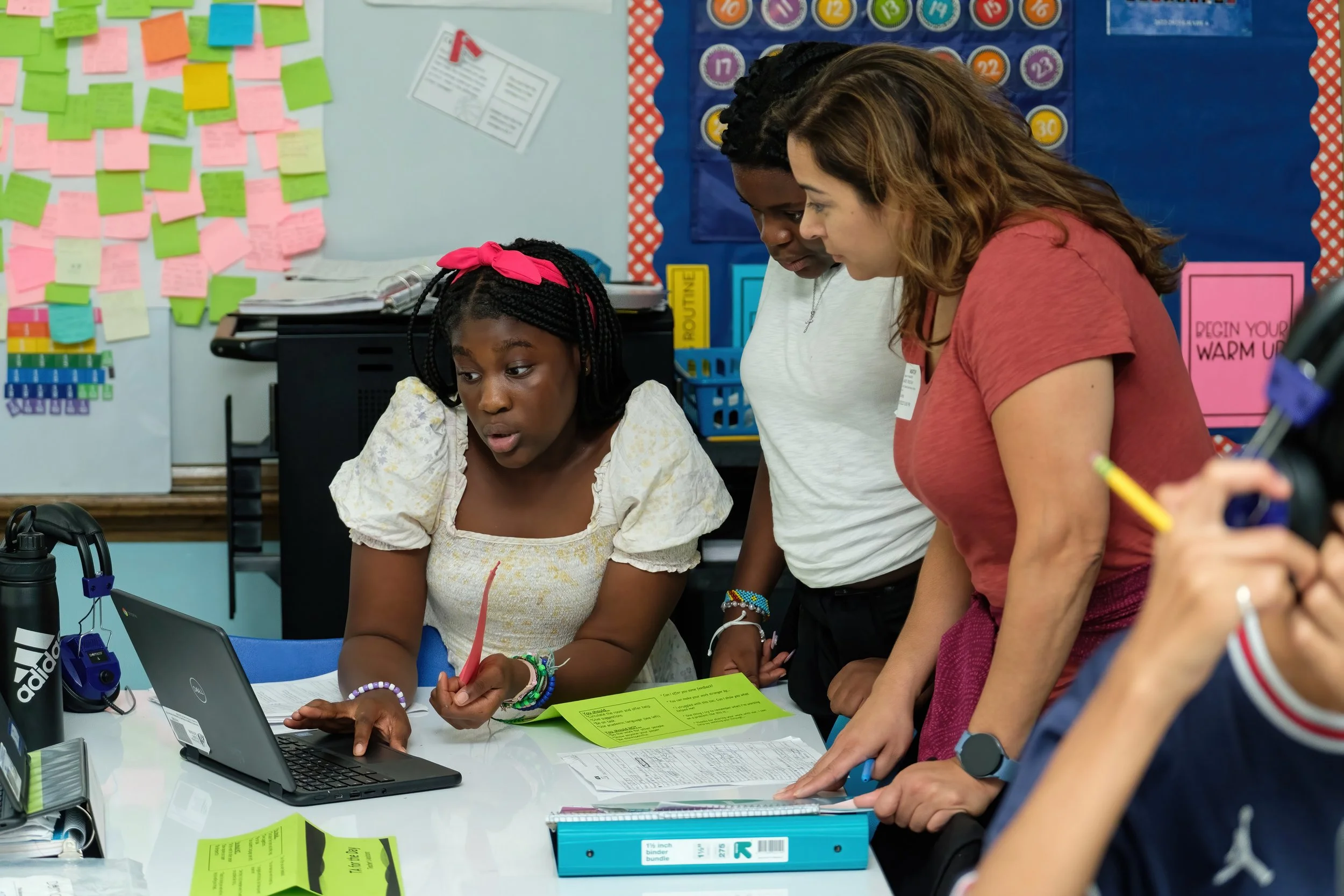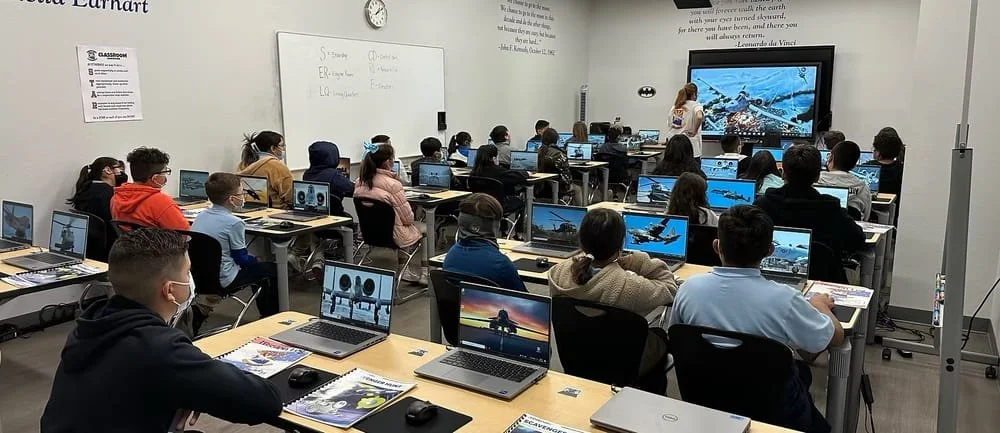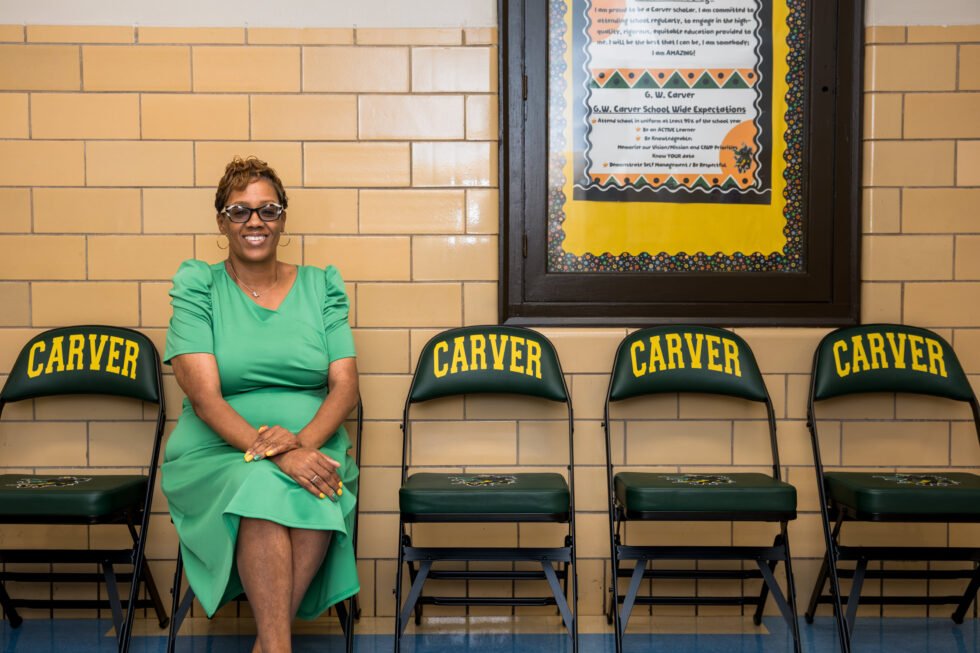The Osa Foundation supports organizations that empower human potential in underserved communities by creating Opportunities, offering targeted Support and improving Access to resources.
The Osa Foundation’s work is grounded in the following values:
Self-reliance: We value the dignity of hard work and consider self-reliance and sustainability to be the ultimate goal of our philanthropy.
Equity: We believe that every person should have access to the resources needed to pursue and achieve their full potential. We will examine the pervasive and institutional barriers to equitable access of resources and employ this lens in our grantmaking.
Innovation: We value critical, original thinking and creative problem solving.
Integrity: We value honesty and transparency: accordingly we endeavor to conduct our work in a manner consistent with the highest ethical standards.
Diversity: We value and respect the diversity in our society. We acknowledge our obligation to examine our own biases and will work to stand up for social justice.
We seek to support grantee organizations that embody these beliefs and values.
To learn more about our story and investment philosophy, please click here.









